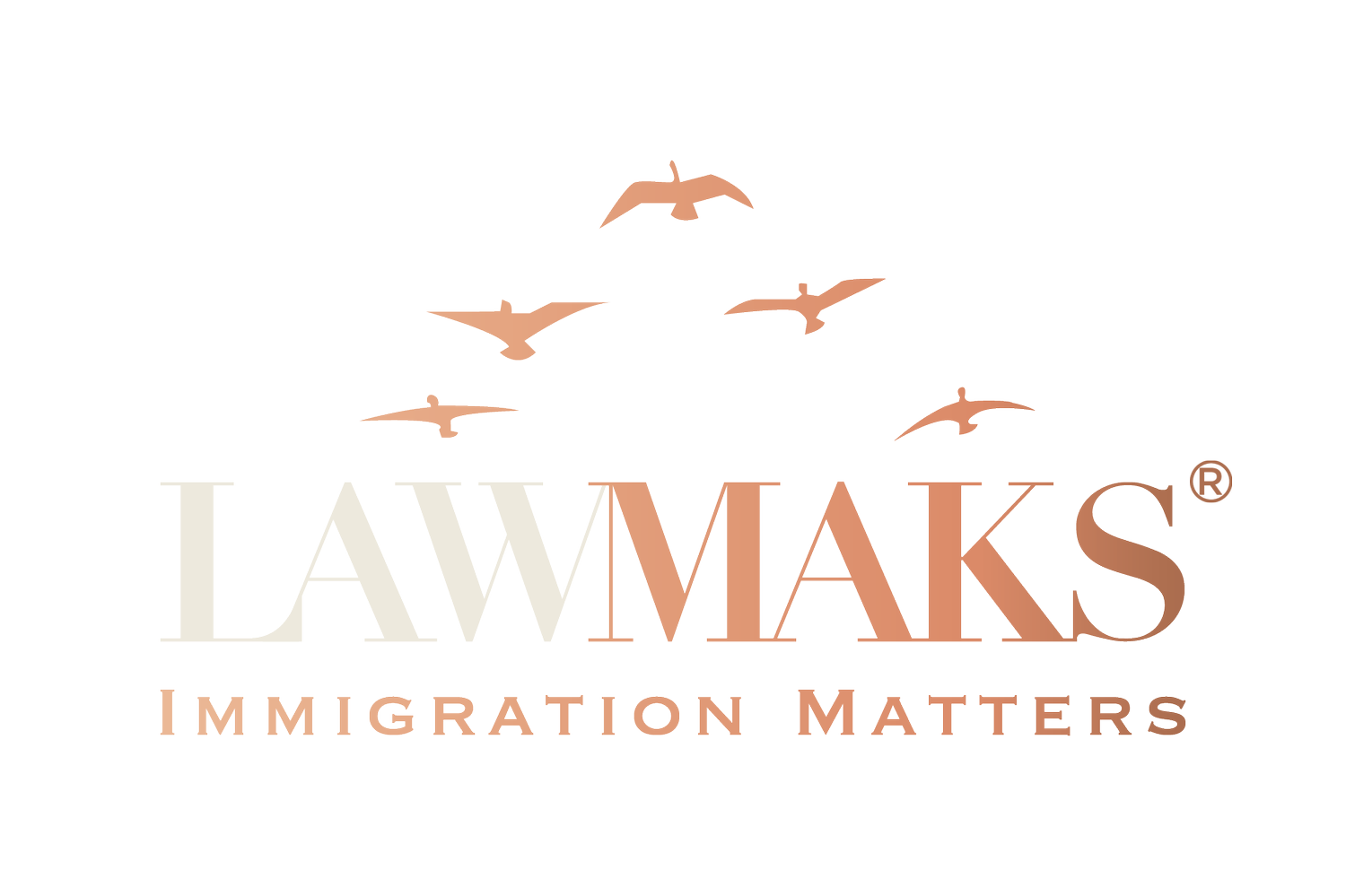U.S. SUPREME COURT ALLOWS THE THIRD TRAVEL BAN TO GO AHEAD
The U.S. Supreme Court allowed the third version of Trump’s travel ban to go into full effect on Monday. This latest travel ban was signed by President Trump on September 24 and puts varying restrictions on U.S. visas for people from eight different countries: Iran, Chad, Libya, Venezuela, Somalia, Yemen, Syria, and North Korea.
Unlike previous version of the travel ban, the visa restrictions in the September 24 travel ban will not automatically expire after a certain period of time. The restrictions are strict, but the U.S. government is authorized to grant discretionary waivers for visas for restricted individuals on a case-by-case basis.
These waivers are based on particular circumstances, such as having relatives that live in the U.S. or needing to return to continue university studies in the U.S.
Several citizens and civil rights groups quickly filed lawsuits against the September 24 travel ban. The plaintiffs have argued that the restrictions were discriminatory to Muslims and that President Trump has exceeded his legal authority. On October 17 lower federal courts in Hawaii and Maryland put partial blocks on implementation of the travel ban.
Monday’s decision by the Supreme Court does not directly affect the lawsuits in Hawaii and Maryland.
These cases are still proceeding and are scheduled for additional arguments in intermediate level courts later this week. However, the Supreme Court’s decision does mean that the visa restrictions will be enforced while the lawsuits continue. The lawsuits in the lower courts are likely to be reviewed again by the Supreme Court later.
As has happened since Trump issued his first travel ban in January 2017, the scope and implementation of the September 24 travel ban are likely to continue to change in the future.


